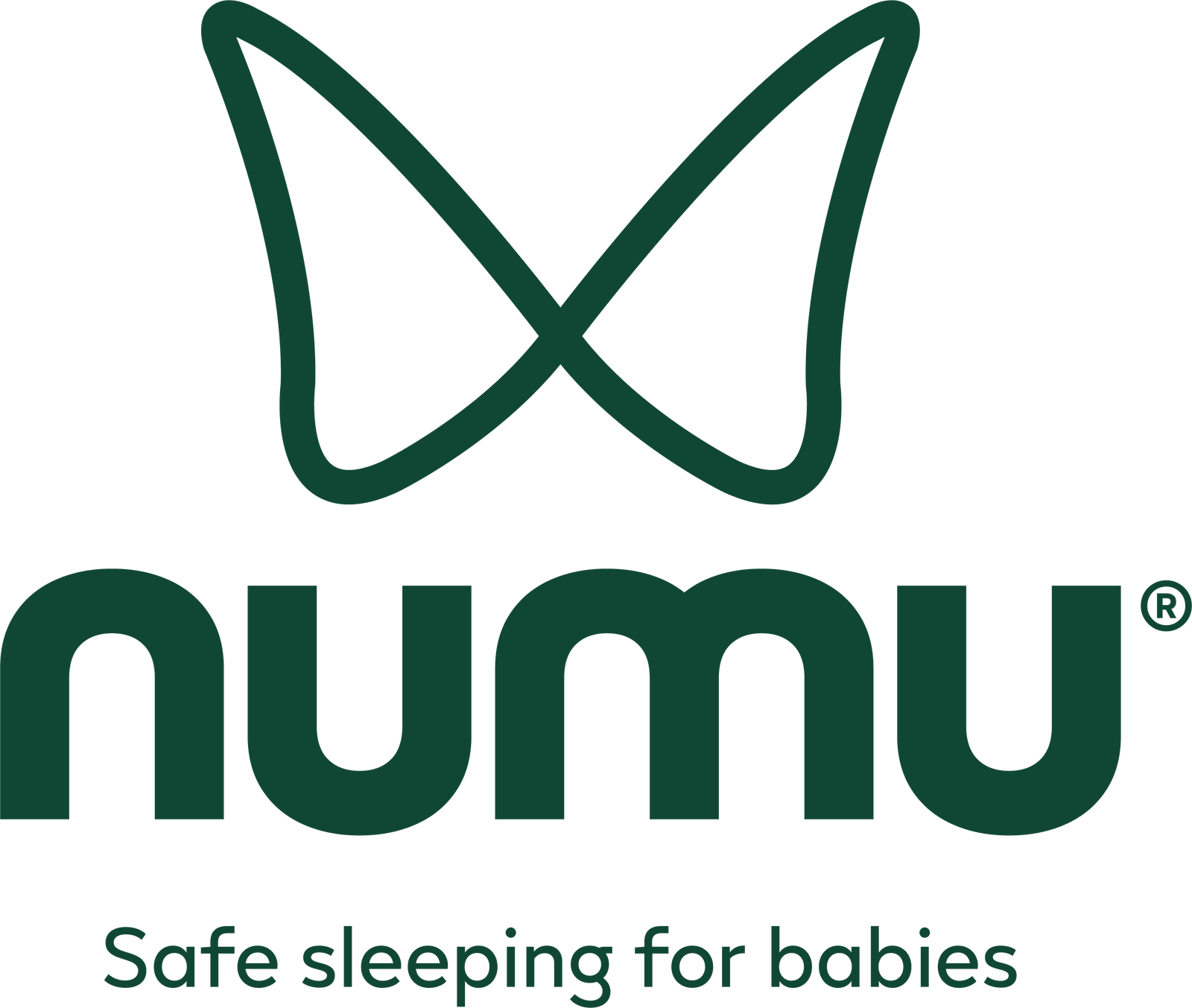Immunity is influenced by external elements, like nourishment and the quality of slumber. For infants, sleep holds even greater significance. Shall we delve into it further?
During times of pandemics, influenza, and other opportunistic ailments, bolstering immunity becomes a paramount precaution, particularly for infants whose immune responses are naturally immature.
In turn, immunity is directly linked to external factors, such as diet, personal hygiene, mental well-being, and sleep quality.
Sleep quality gains added relevance when it comes to babies since it activates hormones that impact their growth, weight gain, immunity, and cognitive abilities.
The Positive Impact of Quality Sleep on Immunity
Researches from the US National Library of Medicine suggests that longer sleep durations reduce the likelihood of respiratory virus infections.
Additionally, fragmented sleep or insomnia can weaken antibody response to flu vaccinations.
Conversely, adequate sleep length and quality optimize the production of hormones like cortisol, melatonin, and epinephrine, as well as the functioning of white blood cells associated with the immune system.
But what is the optimal sleep duration for a baby?
The recommended sleep time varies depending on their age and developmental stage, varying from one individual to another.
The Importance of the Sleeping Environment
Respecting the recommended sleep duration for each stage of your baby's life will undoubtedly promote their well-being and vitality.
However, the sleeping environment is also crucial for their health and immunity, as their comfort hinges on having their needs met.
That's why it's worth discovering Numu ,a breathable cot mattress. Made of a tensioned orthopedic net with perforations, it allows unrestricted airflow and fluid passage.

